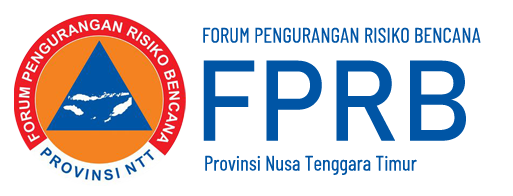Determinan Status Kerawanan Pangan Rumah Tangga Di Provinsi Nusa Tenggara Timur: Analisis Regresi Logistik

Deskripsi:
One dimension of poverty is hunger or food insecurity. Food insecurity is closely related to the Sustainable Development Goals (SDGs), especially Goal 2, which aims to end hunger, achieve food security, improve nutrition, and promote sustainable agriculture. The latest data shows that the prevalence of people with moderate/severe food insecurity in East Nusa Tenggara Province is the highest in Indonesia. This study aims to examine the socioeconomic variables that influence household food insecurity status. The logistic regression model estimation results show that urban/rural status, number of household members, age, gender, education level, employment status, head of household business field, land ownership, and food expenditure share significantly affect household food insecurity. From those variables, there are three important variables that must be considered for the case of NTT, namely the number of household members, the education level of the head of household, and the share of household food expenditures. Interventions such as expanding family planning promotions and implementing non- formal education (Package A, B, C Learning Groups) for non-school-age household heads. Furthermore, community empowerment activities can continue to be carried out, such as training on the utilization of backyard land for housewives to produce food with sufficient nutrition for their families, so that household income can be focused on other important needs besides food. Indirectly, it is also important to maintain the purchasing power of the community by controlling the level of regional inflation.










